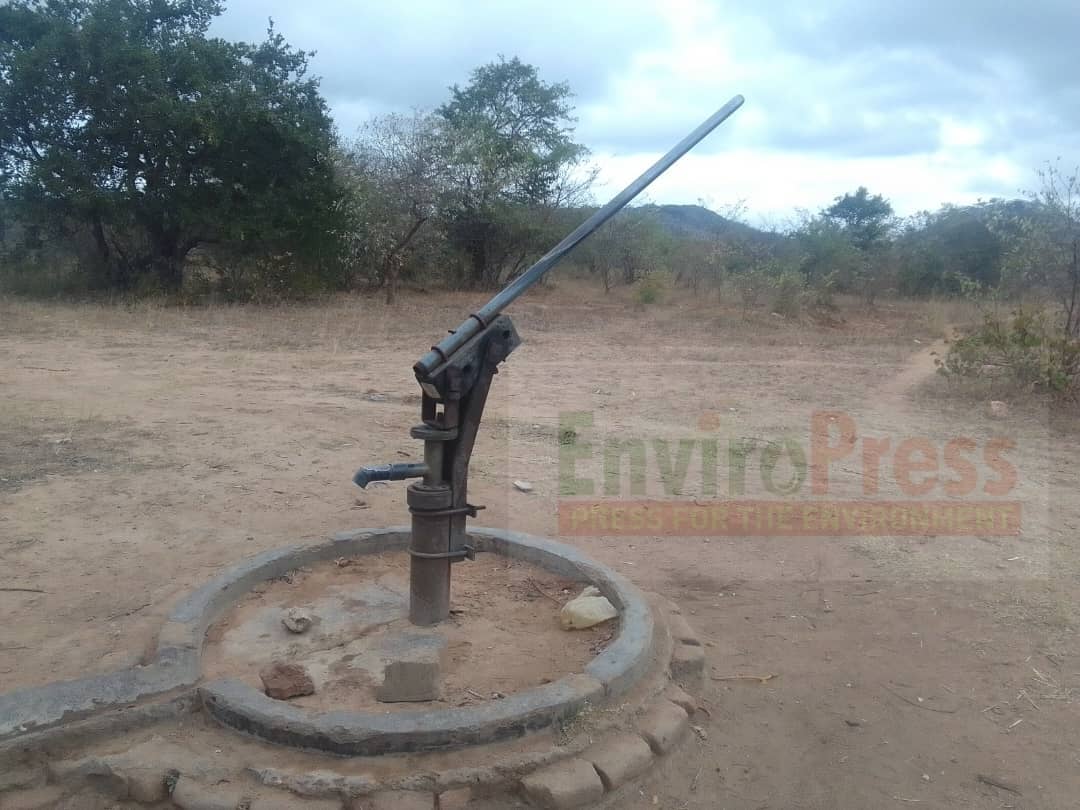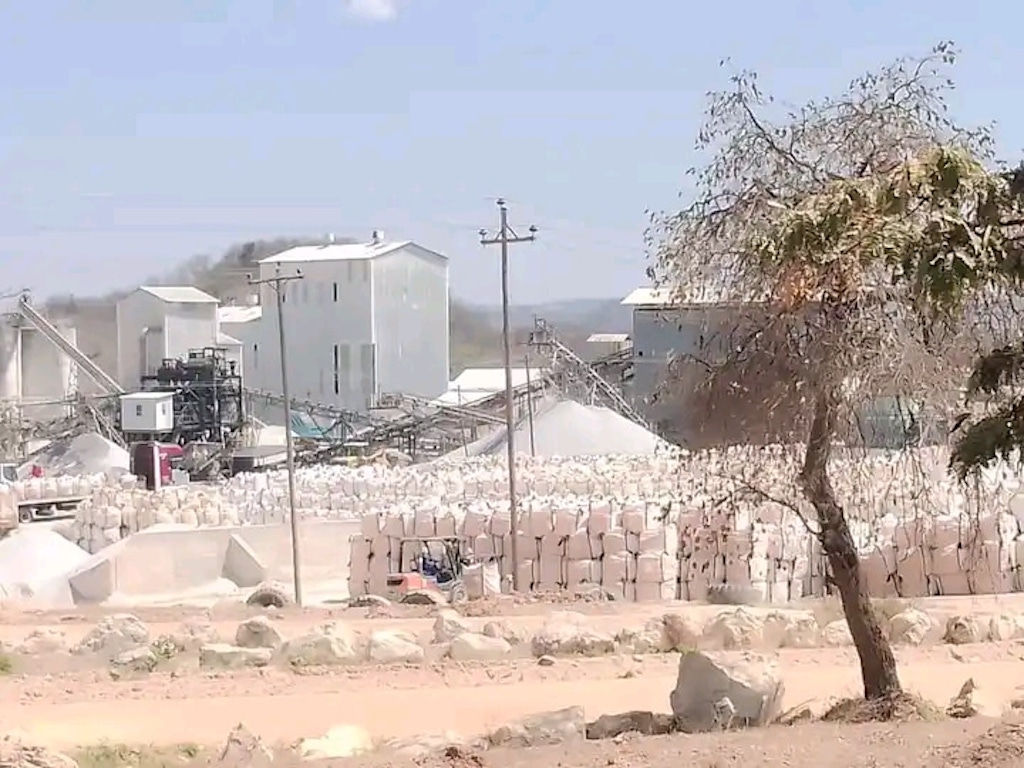Stanslous Ruvengo
As the El Nîno-induced drought ravages Zimbabwe and other parts of the Southern Africa region, many villagers in Chivi District are finding it harder to get water for domestic use.
Such communities as Dewe, Mapaike, Muzongwi, Munyengeri and Chivi Turn Off Business Centre are among the hardest hit.
Emmely Shumba of Dewe in Ward 15 said the community borehole had stopped producing water three months ago.
The community now fetches water from an open well which, however, cannot meet the daily community needs.
“We have to wake up at as early as 3:00am or we don’t get water for much of the day due to the many people who go and fetch water from there,” said Sumba.
She said the community faces perennial water shortages but the problem started a bit earlier this year due to the less than optimum rains received.
EnviroPress also noticed that people in Gandashanga Village in Ward 16 were fetching their water from Tugwi River. The raw river water is not safe to drink unless it is first treated using the right chemicals.
In Ward 18, Enerst Murimigwa told EnviroPress that local schools had become so vulnerable that teachers and their pupils have to walk for up to 2km to fetch water.
“The situation is bad for everybody. We have Jaka Chishozhowa Secondary School teacher and pupils walking to Rukasi Village to fetch water. That is a 1.5km distance in the scotching sun,” said Murimigwa.
At Chivi Turn Off Business in Ward 18 is normally supplied by the Zimbabwe National Water Authority (Zinwa)’s Manyari Water Works near Ngomahuru Hospital. However, the taps at the business centre have been dry for a long time now, and residents rely on solar-powered boreholes which, however, are also overwhelmed due to a rising demand.








